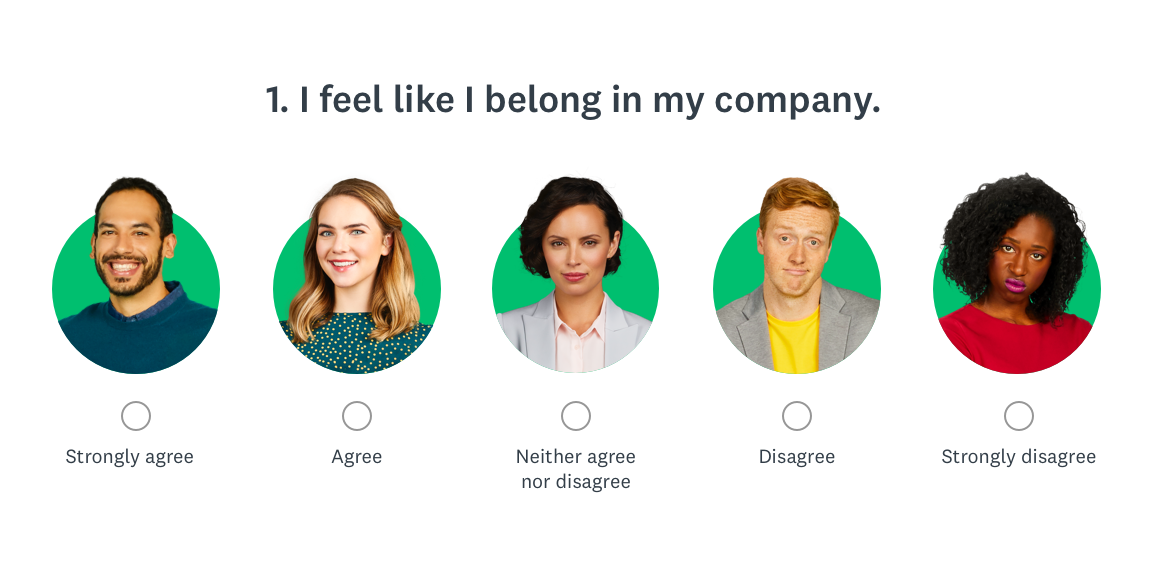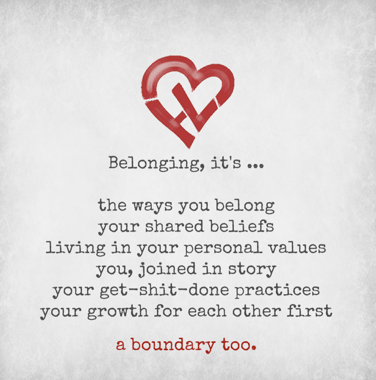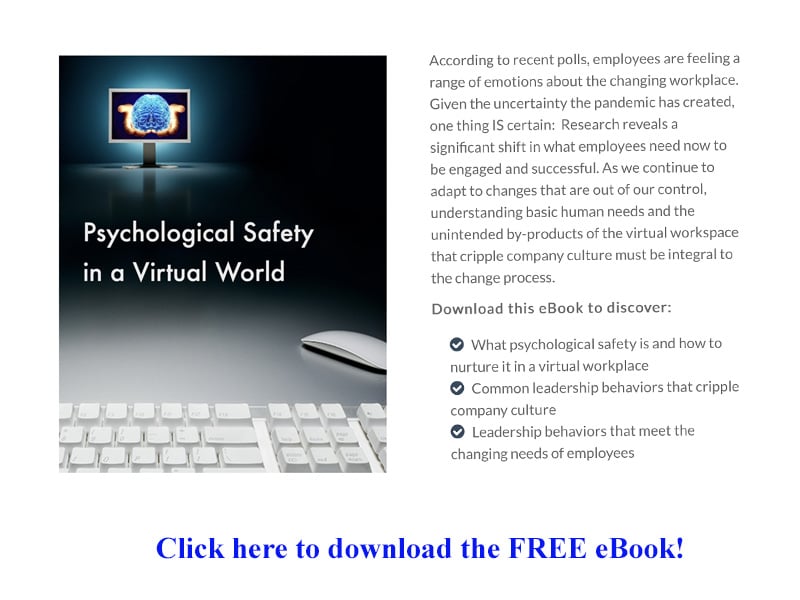It's no secret that diverse teams are more innovative, have a greater chance of solving problems, overcoming obstacles and making smarter decisions than teams comprised of people with similar skills, backgrounds, and interests. While many organizations are touting statements and scorecards that detail their DEI efforts -- Enough already!
By now, most enlightened leaders buy into the idea that diverse teams are better teams. But employees are demanding more than reports and talking points. What's the point of hiring and training folks with different skillsets, perspectives and backgrounds if they don't stick around? So what makes them stick around? Recent surveys indicate employees have greater company loyalty when they feel they belong.

With all the emphasis on improving employee engagement and job satisfaction to keep top talent around, many companies are blowing it. U.S. businesses spend nearly 8 billion dollars each year on diversity and inclusion programs but fail to address the fundamental human need to make employees feel that they are valued - that they belong. A diverse workforce is critical to building rockstar teams, but diversity is not automagically inclusivity. In fact, recent surveys indicate that more than 40% of people say that they feel isolated or that they don't fit in at work. Despite the growing number of DEI initiatives, the result has been lower organizational commitment and engagement and higher turnover aptly named the Great Resignation.
“Diversity is being invited to the party, inclusion is being asked to dance.” - Verna Myers, VP of Diversity and Inclusion at Netflix
We don't need scientific evidence, studies or stats to know that when people belong to a group, tribe or organization, they have a strong intrinsic motivation to contribute to its success.
It’s just how we are wired. Belonging is a basic human need, and it brings meaning into our lives. Whether we belong to a school community, a sports team, religious organization, or workplace, belonging connects us through purpose and makes us feel valued by others.
Neurologically, our brains work better when we belong. When we feel safe, we are able to engage higher-level executive function and tap into optimum cognitive capacity. A sense of belonging serves as a protective factor helping manage stress and other behavioral issues. When we feel supported and connected, we are more resilient, often coping more effectively with difficult times in our lives.
What did a small community of Italian immigrants
teach us about the power of community?
Check out the Mystery of Roseto
Creating an Organizational Culture of Belonging
What if organizational culture was developed with that same kind of belonging? What if employees came to work every morning with the commitment that success was a team endeavor, that all team members had a role in that success and shared values, mission and vision were the unifying force in the way work got done?
Employees want experiences that support, connect, and empower them. Belonging means being included and accepted by colleagues, valued for your contributions, and engaged by team challenges and success. And the benefits to employees translates into a better bottom-line for the company too:
- A 56% rise in job performance
- 50% lower turnover risk
- 75% fewer sick days
- A 167% increase in employee willingness to recommend the employer to others
Paul Haury, an executive leadership coach who incorporates behavioral, psychological and neurological science into his practice, maintains that the majority of our work world relies on influencing just two of our base hardwired emotional states: aspiration and fear. But, he points out that belonging has a powerful influence on both. Without belonging, fears are larger, more intense, and more powerful than the reward of the aspirations. Moreover, aspirations ultimately turn into fears resulting in deficient thinking patterns. When people belong, they not only embrace challenges, they thrive utilizing challenges as bonding agents that energize the team rather than deplete and demoralize it.
Haury believes that for real belonging to exist it has to go both ways and not be transactionally dependent. Belonging is both "embrace" and "boundary." Haury identifies six belonging areas of any organization or team:
- the ways you belong in accord with the tribe’s core values
- your shared beliefs that you hold, together
- living in your personal values that work with the company core values
- you, joined in story, your personal strategic story in concurrence with the company’s strategic story
- your get-shit-done practices that you personally and cooperatively perform for your tribe
- your growth for each other first; the tribe grows or it dies
Hmmm... sounds a lot like Roseto...
Learn more about what it means to belong to an organization - according to Paul Haury - check him out here. I promise you, you'll leave smarter than you arrived.












